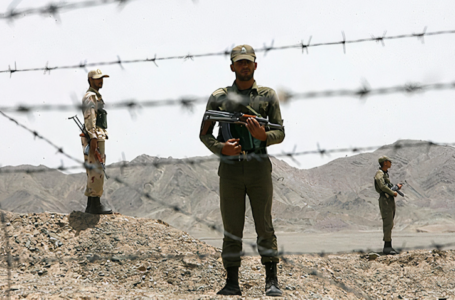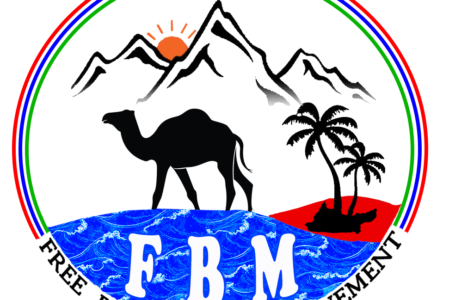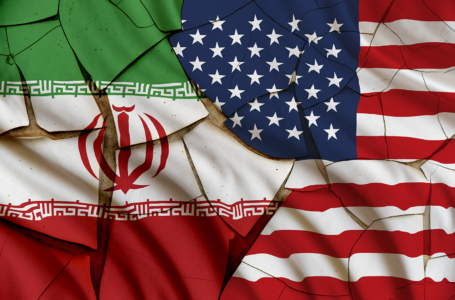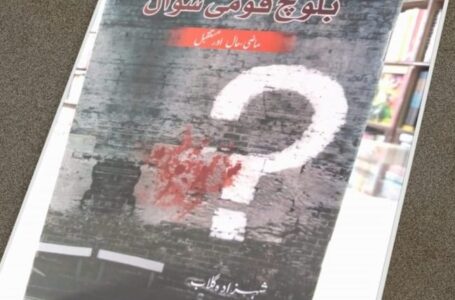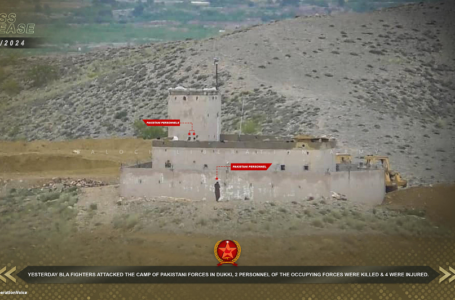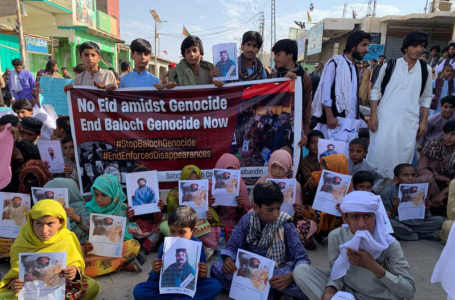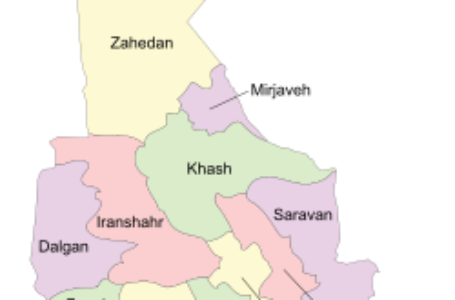Pakistan Army Used Civilians as Human Shields to Counter Our Attack: BLA
BALOCHI LANGUAGE

By Aaliyah Shah
“Balochi Language” is one of the oldest languages of Indo-Iranian group of the Indo-European Languages. Balochi is spoken in Afghanistan, Iran and Pakistan mainly because the Baloch country is divided between these three states. The Baloch Diaspora Communities in India, Europe, Middle East (Gulf States) and other places around the world also speak their mother tongue along with the national languages of the respective countries.
Balochi is divided into Eastern, Southern and Western dialects i.e. Makuran, Rakhshani, and Sulemani (Koh-e-Sulemani). The language has survived despite the foreign invasion of Balochistan and attempts to dilute its purity. No doubt that Balochi language like other languages of the world Balochi is also full of vocabularies, idioms and idiomatic Phrases, lullabies, folk stories, songs, poetry and folk literature. As well as it has writers, poets, researchers and linguistics who have strived throughout their lives to preserve and promote Balochi.
Due to the non-existence of literary people and linguists, the Balochi language was an unwritten language before the 19th century. However, after that, a lot of work and research has been done on Balochi language and most researchers are of the view that Baloch is an Indo-Iranian group of Indo-European languages.
However, the Balochi language still invisible in the 21st Century despite being one of the oldest and richest languages. Who is responsible for the backwardness of Balochi? Governments, Balochi speakers or literary people…
The degree holders in Balochi language either end up becoming poets, writers or shop-keepers if they are lucky enough because of them become jobless for life. Recently, so many posts were announced for school level and college level, for all the departments. Unfortunately, only Balochi language was missing and it was not mentioned in any part of the job lists.
In addition, one is compelled to think that if Balochi language has no values, no vacancies, then why do we need Balochi language department in the school, college or university levels? If the Holder of Balochi language degree became jobless and there is no future for them, then the government should close down this department. Otherwise, there must be vacancies for them, from the school level to universities level.
Furthermore, if look around us there are so many government and private schools, colleges, and universities but again there is no place for Balochi. The mother tongue of other nations has a lot of priority than Balochi language from the beginning their mother tongue is taught at school level up till the higher education, but Balochi is completely ignored at college to university level.
However, universities may get four/five lecturers but from the beginning till today they are the same people just these are the father of Balochi, then what about those who have valid degrees, the talent and skills…!
There are hundreds of Balochi language degree holders but their knowledge, skill and degree have become a curse for them and a source of joblessness.
To add, Balochi is one of the oldest Languages which has so many various parts such as research, linguistics, folk songs, stories, classical Poetries and legendary stories that have huge areas. There must be separate teachers assigned for each section of the language and the Balochi language department must be expanded and nourished. There are several scholars who have the talent, knowledge and skills and they can play a vital role in the field of Balochi.
To sum up, Balochi is a rich language with different and interesting features and amazing areas of learning they should be covered, learners and workers of Balochi should work harder. If we pledge to struggle to fulfil all the essential requirement of our language then Balochi also gets a place in the field of education. Work harder to enrich it more and more, Because Balochi is the future of Baloch and Balochistan.
A nation will perish and become red-Indianised if its mother tongue is diminished.


